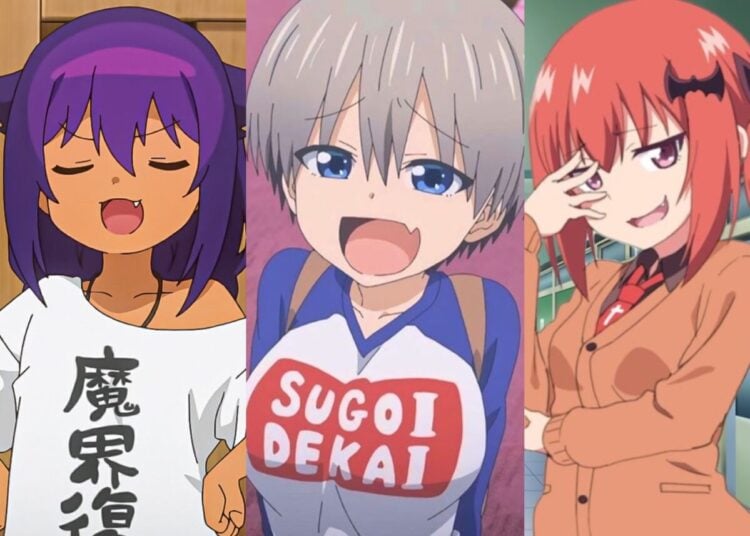As fans, we have great admiration for the amazing creators who make the anime and manga we love. Because everyone is human, they naturally have various beliefs based on their personal life experiences. In this post, let’s look at the (sometimes surprising) views held by anime creators, and the politics of anime.
Why Should We Care About the Political Views of Anime Creators?
I’m a big fan of the approach Neil deGrasse Tyson takes whenever he meets a Flat Earther or someone who otherwise denies the science he works with every day. Instead of deriding the individual for his odd beliefs, he realizes that this person has had a series of life experiences that caused them to insist that the Earth is flat, or whatever. It’s better to ask the person questions about how they came to that conclusion, rather than show them reams of “proof” about how wrong they are. Arguing just makes people dig into their position even harder.
So when I explore the backgrounds of these famous anime creators, I don’t want to do it from a position of judging. Obviously someone born in a very different time from today will have come to different conclusions about the world around them.
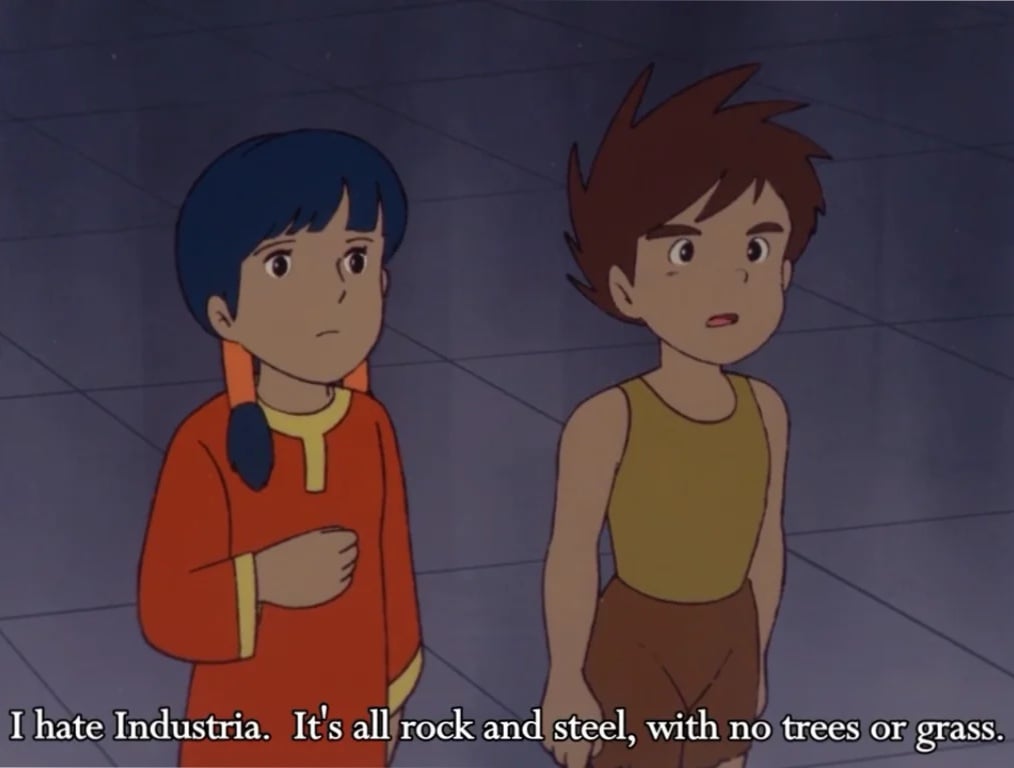
The Politics of Anime: Hayao Miyazaki Was a Communist!?
We’ve all potentially held some unique beliefs in the past, and hopefully been thoughtful enough to revise those opinions when necessary. Back in the heady days of the 1960s, Miyazaki was a card-carrying Marxist and was involved in union activities when he started work as an animator at Toei Douga.
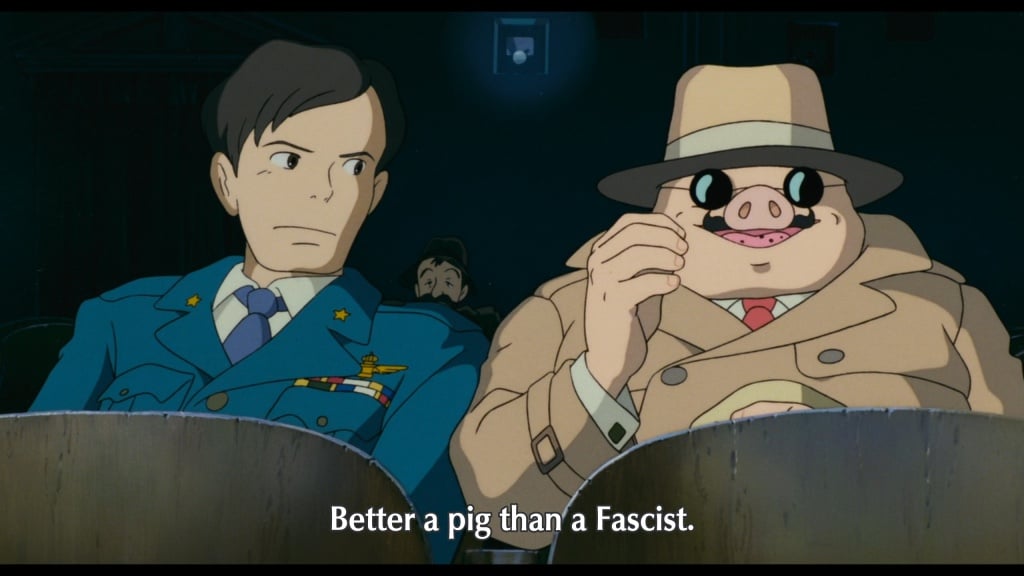
Miyazaki’s political views show up in his works. For example, his fears about man’s disregard for our natural world (Nausicaa, Princess Mononoke), the dangers modern weapons of war pose to humanity (Laputa, Future Boy Conan), or how rampant consumerism is turning us all into pigs (Spirited Away). His views about war and Fascism are clearly expressed in Porco Rosso.
He has since said in interviews that he re-thought his political views when he saw the failure of the Soviet Union. While he still supports some of the ideas of socialism, he’s said publically that he’s not a member of Japan’s communist party.
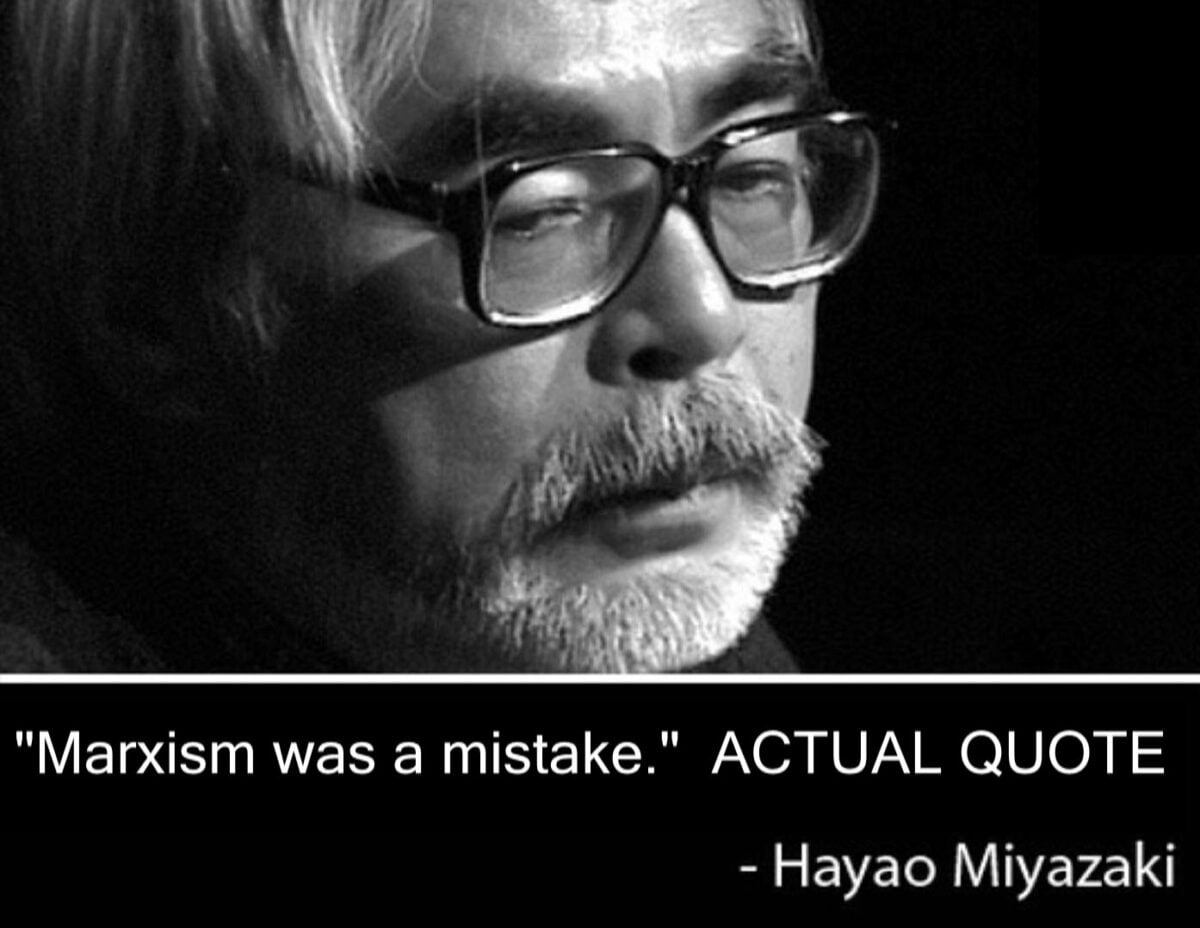 Hayao Miyazaki never said that “anime was a mistake,” which is a fake meme. In the famous interview, he was actually ranting about young animators who create characters without taking the time to observe how people actually act and move in the real world. But he did rethink his earlier beliefs that Marxism represented the best path forward for humanity.
Hayao Miyazaki never said that “anime was a mistake,” which is a fake meme. In the famous interview, he was actually ranting about young animators who create characters without taking the time to observe how people actually act and move in the real world. But he did rethink his earlier beliefs that Marxism represented the best path forward for humanity.
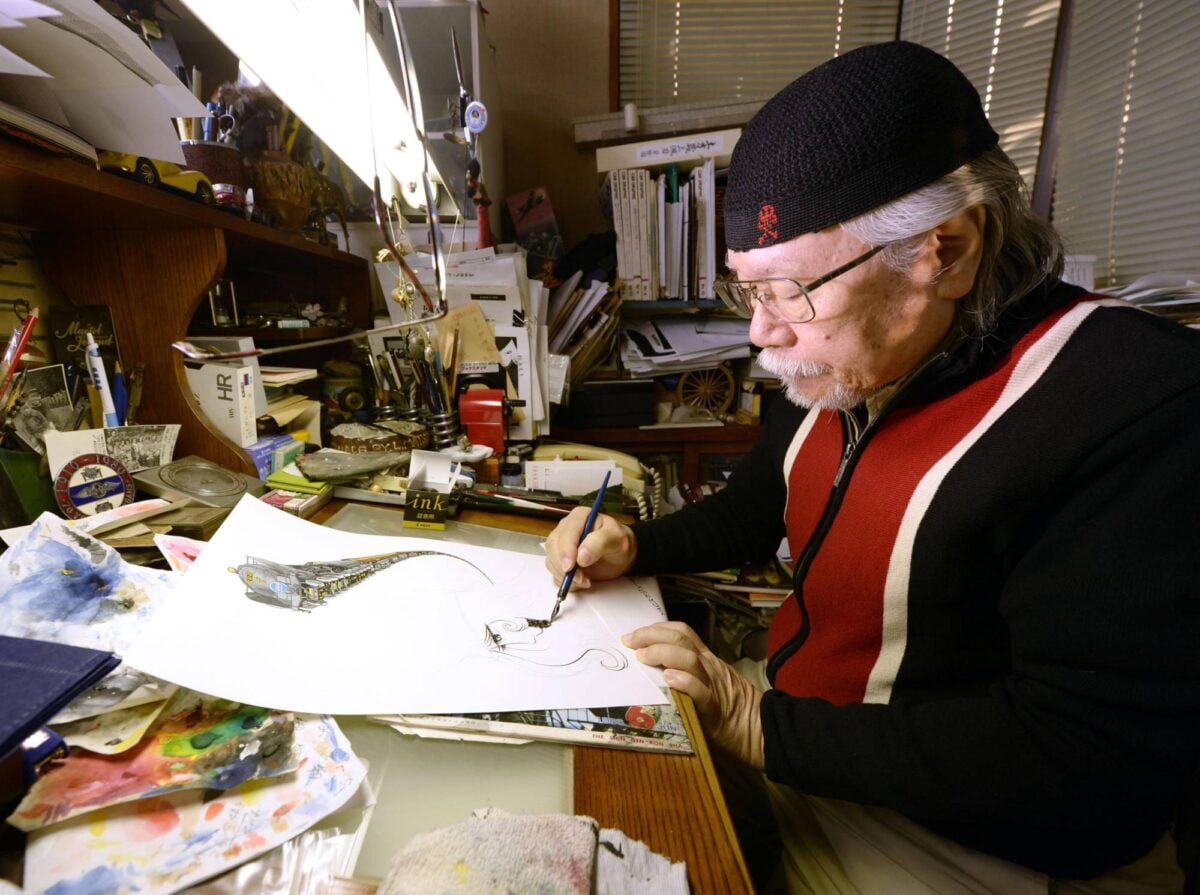
Anime Creator Leiji Matsumoto was a Right-Winger!?
One of the anime creators who changed my life was the late, great anime creator Leiji Matsumoto, who enthralled me with Space Battleship Yamato, shown internationally as Star Blazers. But if you think about it, an anime glorifying Japan’s most iconic battleship using the Allied bombing of Japan as an allegory in a space opera is kind of odd. Another question related to the politics of anime is, was Leiji Matsumoto a right-winger?
Leiji Matsumoto was born in 1938, so he was old enough to remember the fear he felt hearing air raid sirens when the Allied planes flew overhead. His father was a military pilot who watched his students fly off and die in kamikaze attacks, which left a deep impression on him as a boy. So obviously he had a lot of experiences growing up that none of us have had.
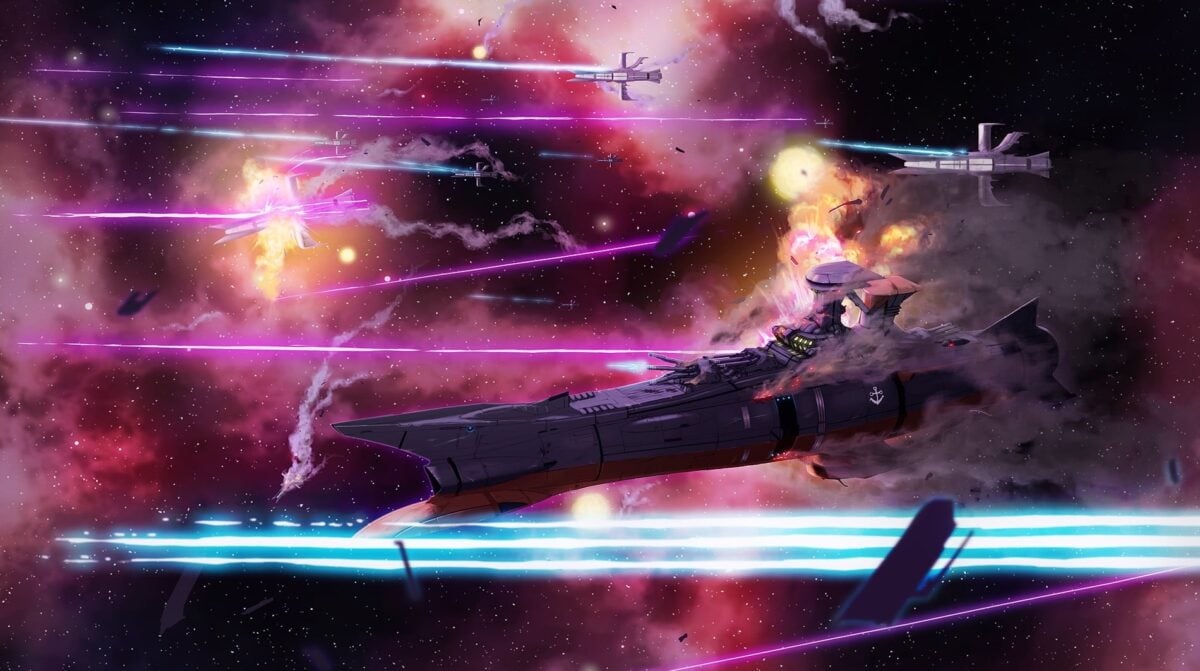
The modern litmus test for left vs right in Japanese politics is the question of whether the country should amend Article 9 of its current Constitution, which “forever renounces” war. Separate from this issue is the fact that Article 9 also states that “land, sea and air forces…will never be maintained.” This technically makes Japan’s Self-Defense Forces illegal, which is another reason why some Japanese call for the Constitution to be revised.
In a news article, Leiji was quoted as saying, “I felt miserable after we lost the war. Let’s revise Article 9 of the Constitution to be prepared for any eventuality.”
So I guess the answer to this question is yes. In fact, Leiji Matsumoto is so right-wing, his pen name 松本零士 has the motherfucking character for “zero” (as in the Japanese fighter, 零戦 zero-sen) in it. That’s just…wow.
Ryuichi Sakamoto, the Anime Composer Who Hated His Anime
Everyone knows Japanese composer Ryuichi Sakamoto from his soundtrack for The Last Emperor, but anime fans from the late ’80s discovered him through his breathtaking work on Wings of Honneamise (sound warning). According to Gainax co-founder Toshio Okada, who has a great YouTube channel in which he shares behind-the-scenes tidbits from anime production, Sakamoto disliked the final film and rarely acknowledged his involvement with it.
Read my post on the passing of Ryuichi Sakamoto here!
Sakamoto tried to break into anime music production, but Isao Takahata said his music was “too dark” for children’s anime. Okada said, “Sakamoto-san early agreed to do the music for Royal Space Force based on the storyboards. But in anime production, we always end up making edits on the final film, cutting here or extending there. When Sakamoto-san realized some of his music would be cut, he demanded six months so he could re-work the entire soundtrack. Then he got busy working on The Last Emperor and lost interest in our film.”
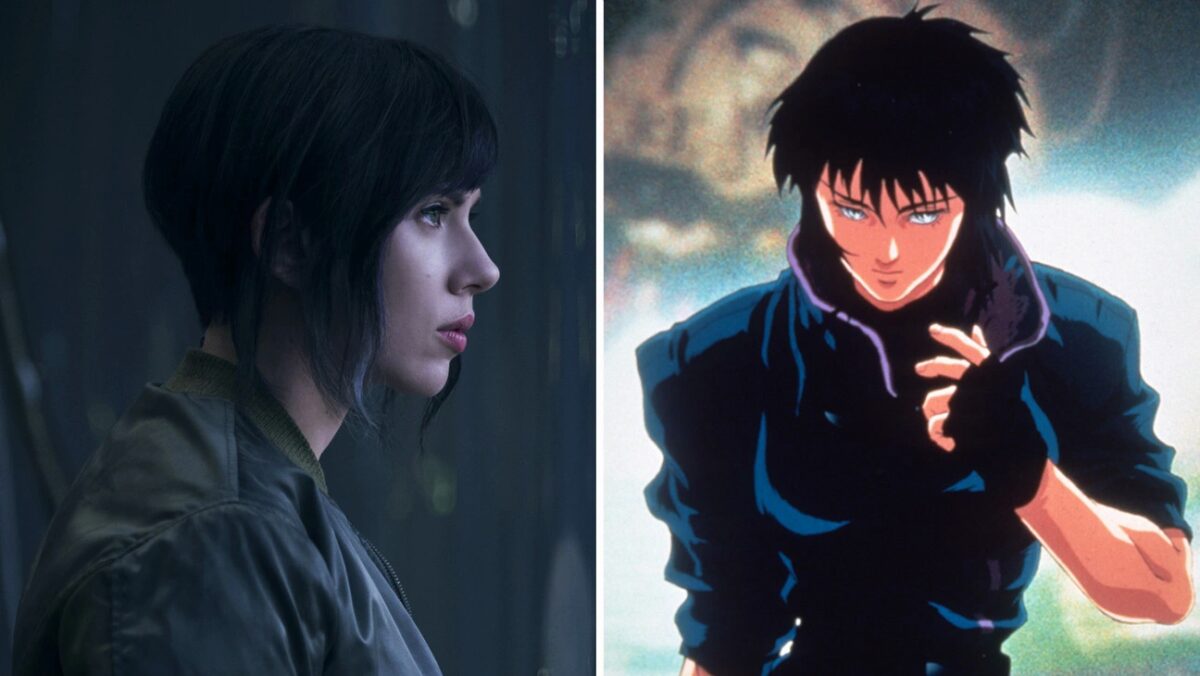
Mamoru Oishi Hates ‘Cancel Culture’
Did you catch the 2017 live-action Ghost in the Shell film? If you didn’t, it might have been partially because of the backlash against “whitewashing” by casting Scarlett Johansson as Major Kusanagi. But original anime creator Mamoru Oishii was perfectly happy with ScarJo in the role. “I believe having Scarlett play Motoko was the best possible casting for this movie. I can only sense a political motive from the people opposing it, and I believe artistic expression must be free from politics.”
Like Miyazaki, Oishi came of age in the 1960s, when one of the topics of the day was opposing Japan’s military relationship with the U.S. But he thinks creative works and politics should always be separate.
What did I learn by watching the Korean version of Criminal Minds? Read my blog post here!
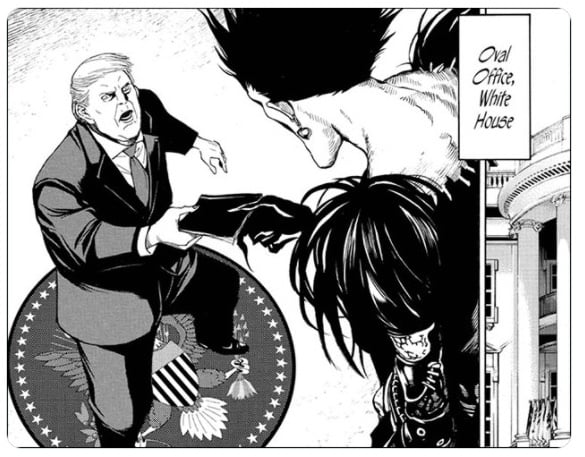
There’s an Official Death Note Chapter Starring Donald Trump
A colorful figure like Donald Trump will naturally turn up in anime and manga from time to time, like his appearance in the Inuyashiki anime. Then there was that time he appeared in a one-off chapter of Death Note penned by writer Tsugumi Ohba and artist Takeshi Obata in which both the U.S. and China enter a bidding war to purchase the Death Note.
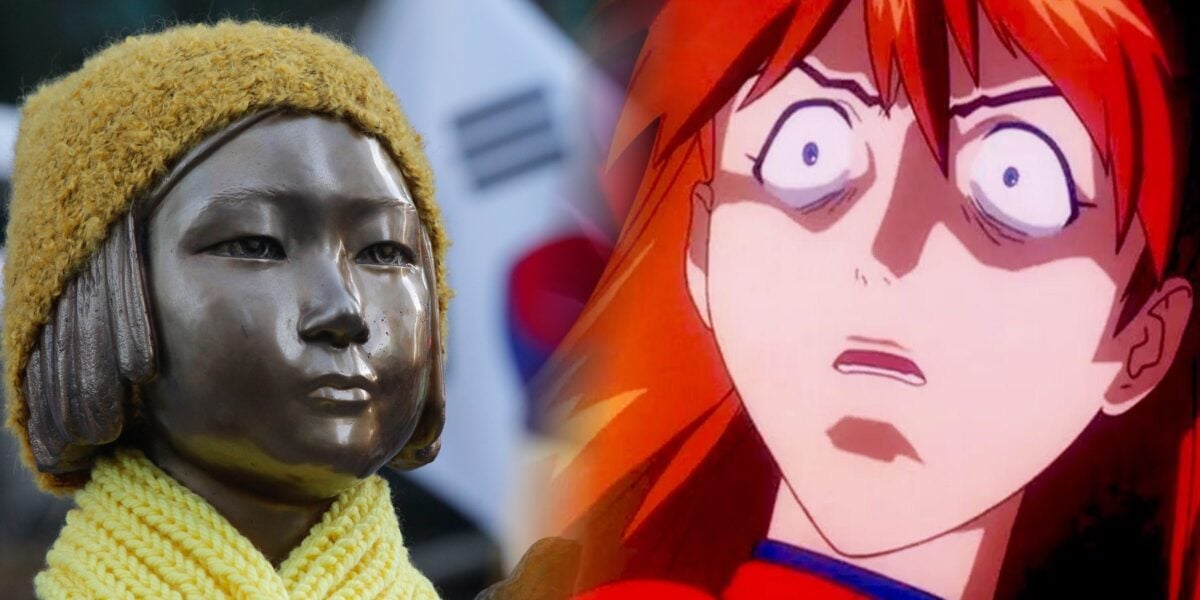
Anime Creator Yoshiyuki Sadamoto Angered Korean Fans
The relationship between Japan and South Korea is a complex one, somewhat similar to the history between England and Ireland. And sometimes something seemingly unrelated like Evangelion can get caught up in the politics of anime.
South Korea and Japan have long had various diplomatic issues between them. These include Japanese companies being forced to pay reparations for forced labor in theoretical violation of the WWII Treaty on Basic Relations, and the comfort woman issue. Prime Minister Shinzo Abe did his best to deal with the latter problem by signing an agreement apologizing to the women and making financial restitution. But in part due to the backlash against President Park Guen-hye, the South Korean government scrapped the agreement with Japan.
I have an article about Japan, South Korea and “national memes.” Read it here!
In 2019, character designer Yoshiyuki Sadamoto criticized the artistic merits of a statue South Korean artists had erected representing the victims of the comfort women era. This resulted in a huge backlash against him on Twitter by Korean fans, some of who swore off anime forever.
Happily, with new South Korean president Yoon Suk Yeol, there’s been a flourishing of cultural understanding between the two countries.
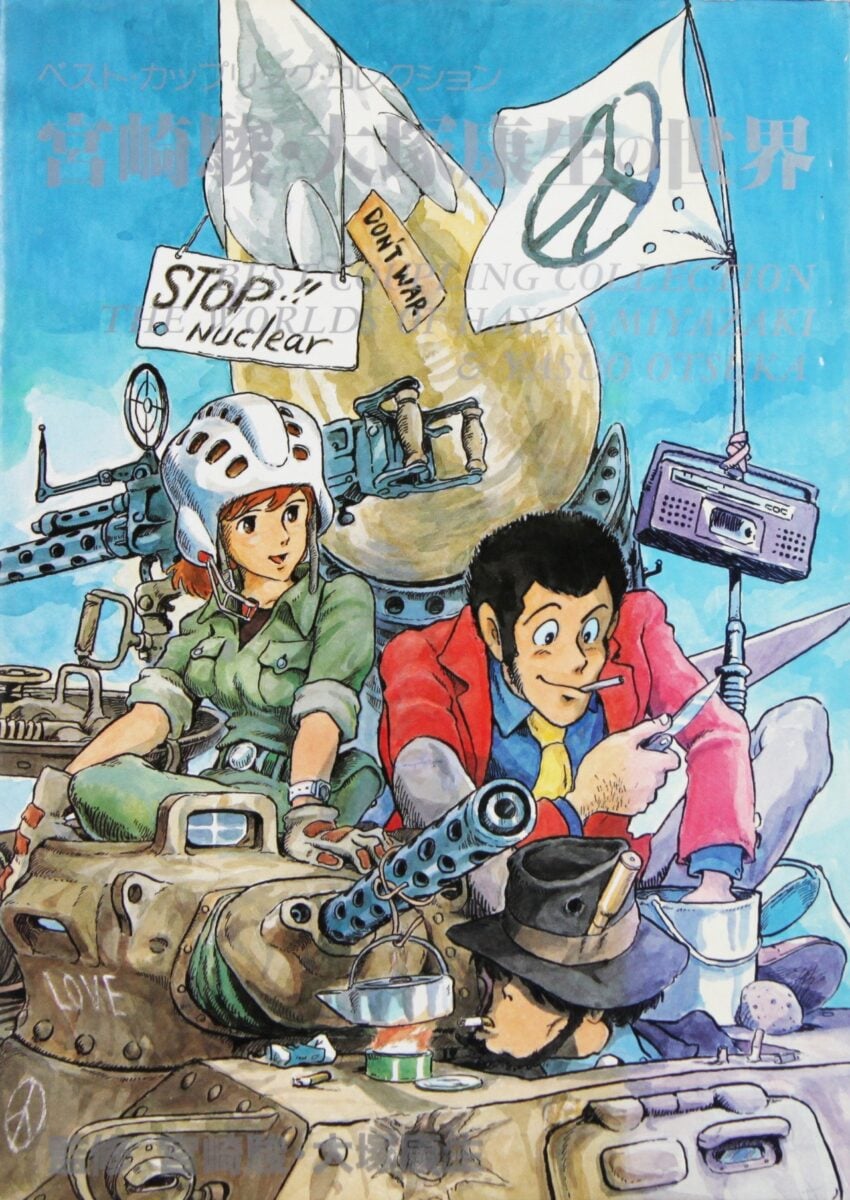
Thanks for Reading this Post on the Politics of Anime!
Thanks for reading this post exploring the politics of anime. Got any feedback for us on this post, or topics you’d like us to write about? Tell us in the comments below!
Also, make sure to follow us on these social media platforms!
- Twitter, where Peter posts anime booba for you
- Facebook, where we share memes and discuss anime
- Instagram, for fans who want to keep up with J-List products in your Insta timeline
- Discord, if you want to chat with other J-List customers of culture
- Finally, check out J-List’s new short video blogs on YouTube or TikTok!
J-List is happy to announce the official launch of our new website, now that we’ve gotten the bugs worked out. To celebrate, we’re giving you a $20-off-$100-or-more coupon for in-stock products shipping from Japan. The coupon ends June 9. Start browsing now!




